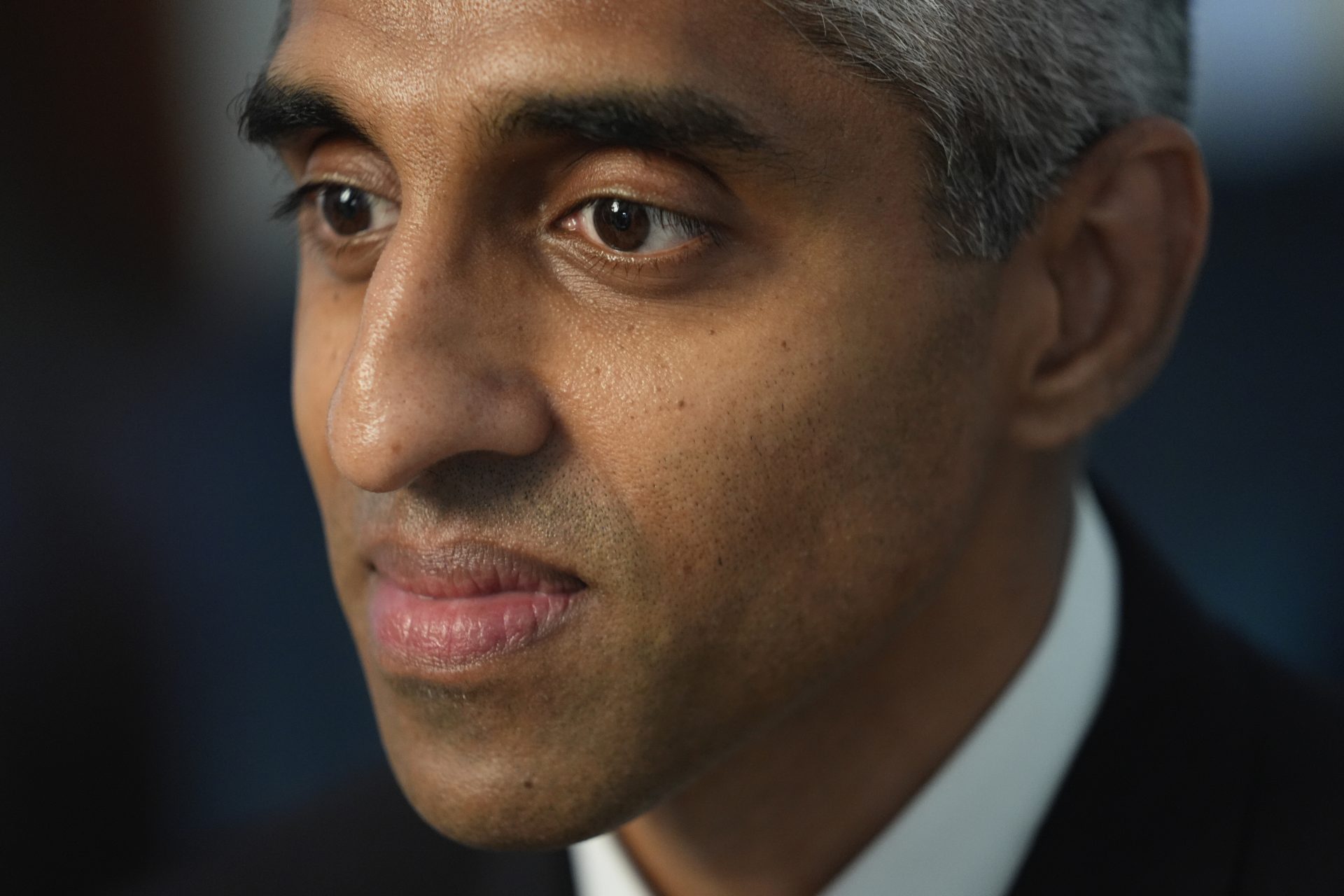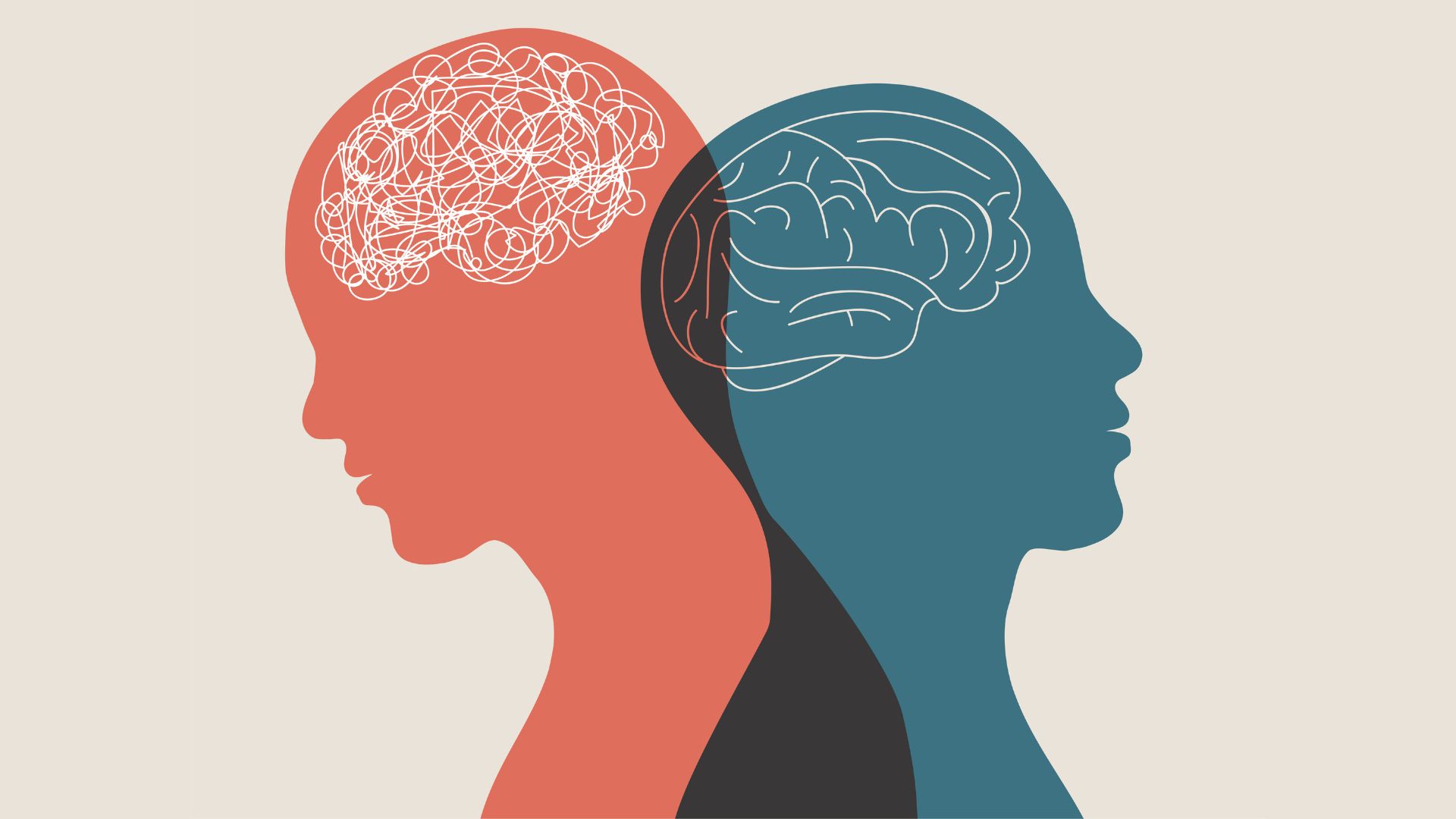|
Only have a minute? Listen instead
Getting your Trinity Audio player ready...
|
Mental health issues are health issues, pure and simple. And yet, America’s politicians and policy makers have done far to little to give them much more than lip service. That’s tragic, as many people have argued that inadequate treatment for mental health results in countless deaths, many of them arguably preventable.
Surgeon General Vivek Murthy wants to change that. Let’s hope elected officials listen, and become more willing to give the topic of mental health the attention, and resources, it needs.
Several surgeons general in our history have sought to focus attention, and inspire policy, regarding specific major themes. Murthy’s focus has been on mental health, and he wants to address online bullying and child predators as well as the link between mental health and gun violence, saying that our policy makers are “falling short” with regard to protecting our children and public in general from mental-health-related health issues.

This is no epiphany, for him or anyone else. The widespread threat of cyberbullying and child predation are well known. Also, mass killings often are followed by insistence from officials that such crimes are mental health issues rather than gun issues. Mental health also has been identified as a major element in our nation’s growing problem of homelessness.
And yet they seldom back up those words with any policies or legislation that would address our nation’s severe lack of mental health resources, and the kind of support that would enable and encourage those who need help to get it.
Instead of supporting their statements with action and allocations supporting mental health treatment options, we continue to simply lock up mass murderers and not evaluating, much less addressing, their mental health issues. Many cities are even locking up or driving away homeless residents after passing ordinances that render them illegal.
Those shortages are certainly seen in the Rio Grande Valley. While we do have some mental health and treatment facilities in the area, they are far short of the need.
One of the major problems in this regard is the pejorative nature of mental health classifications. Such issues often tend to be seen as failings or weaknesses rather than treatable conditions.
Those perceptions surely deter many people from acknowledging the problems they have, and lead families to ignore or try to cover up family members’ mental health issues rather than seeking beneficial treatment.
We can only guess how many of the thousands of suicides, including many by children, and violent crimes might be prevented if those perceptions changed and mental health care were made more available and encouraged.
Murthy has said that improving our nation’s mental health policies could reduce such deaths the same way seatbelts and airbags have reduced auto deaths.
The need for better health care options in this country are certainly well known; political officials talk about it all the time. Sadly, that’s about all they do.
It’s time to actually do something about the problem. Countless lives can be saved — not only those of people who need mental health care but of potential victims they might create if those needs aren’t addressed.




